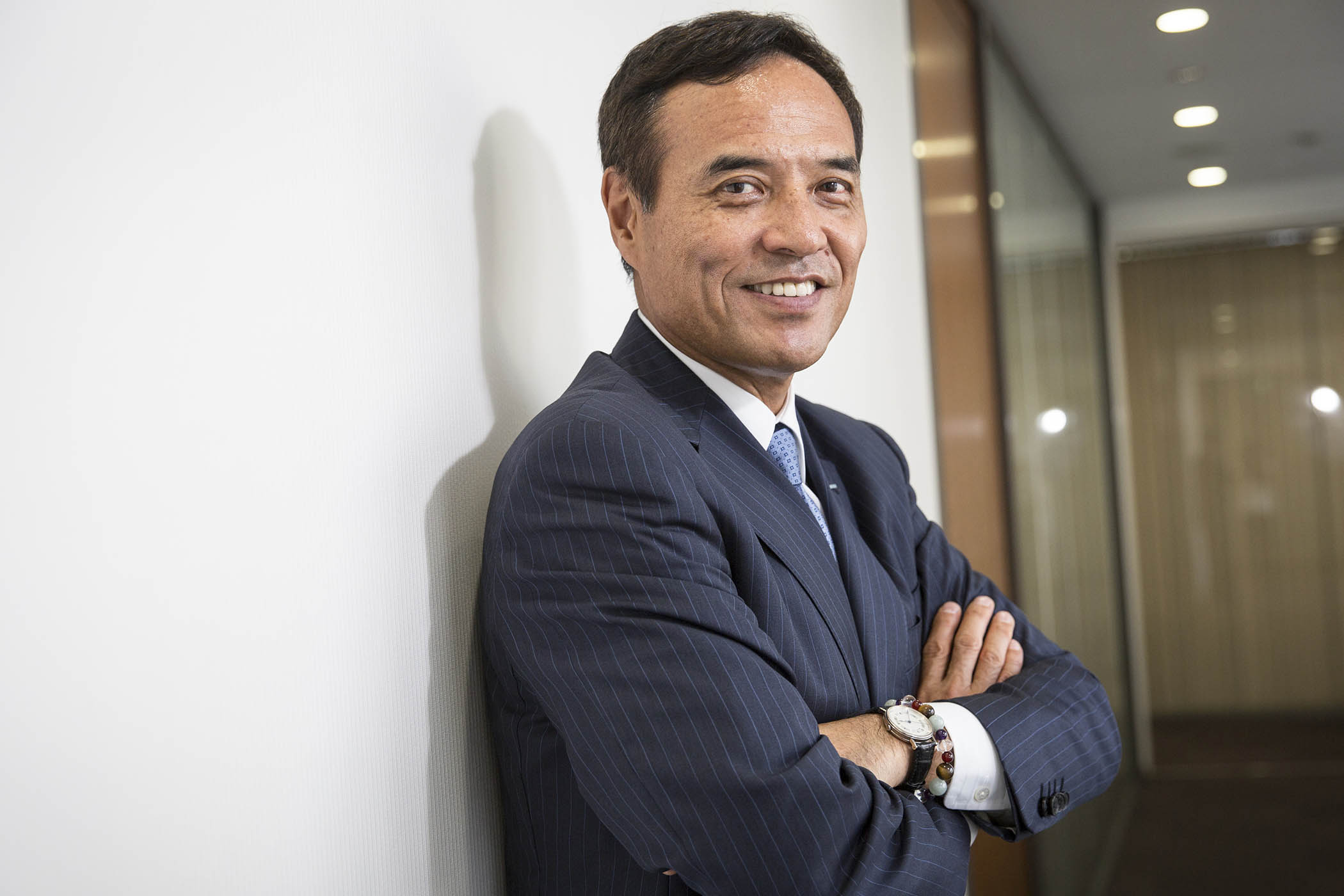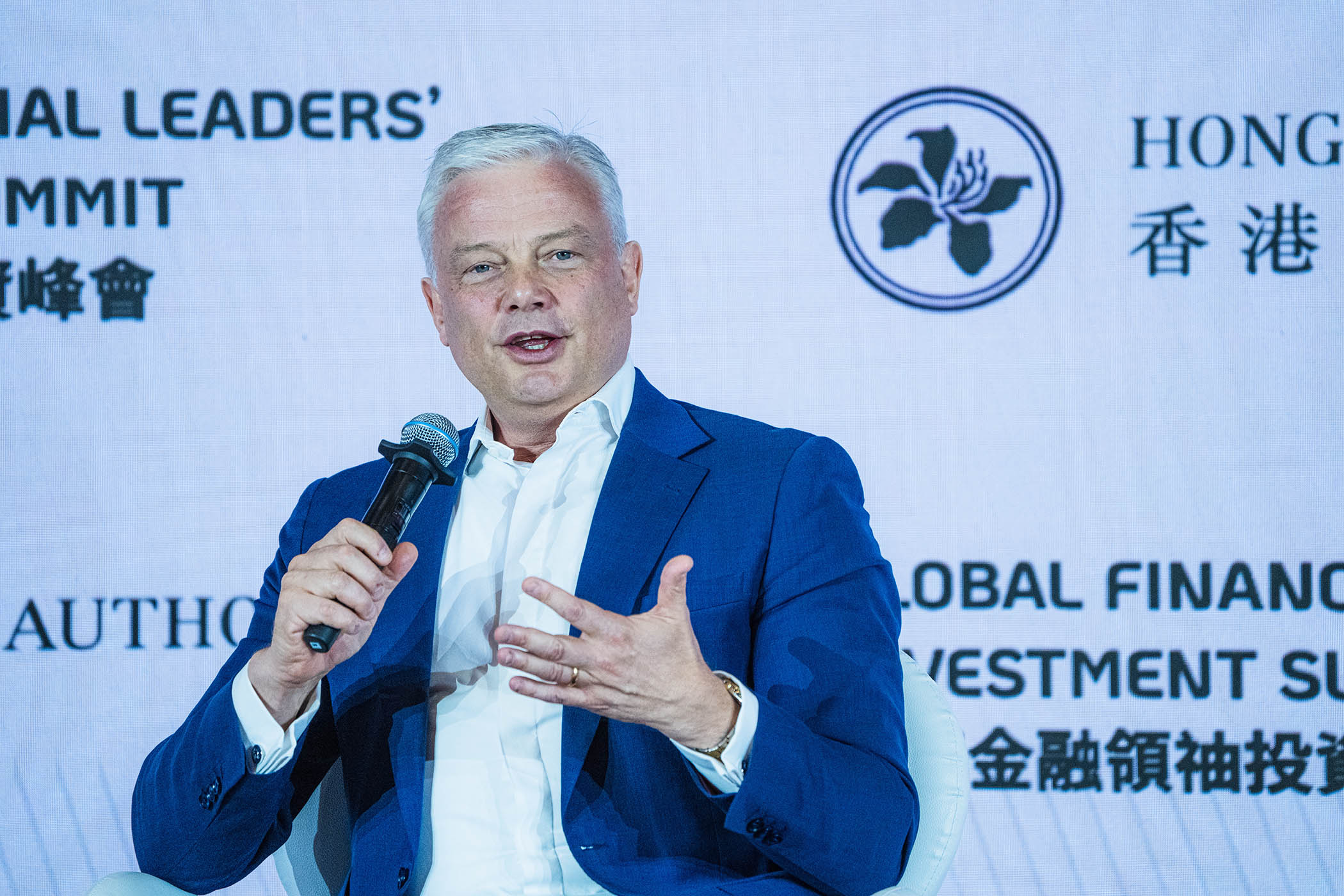One of Japan’s top business leaders, Takeshi Niinami, resigned last week as chief executive of drinks company Suntory Holdings after allegations he bought possibly illegal cannabis-based supplements and police raided his Tokyo home.
The board of the firm, which makes the eponymous whisky and owns other drinks brands, voted unanimously to request his resignation. He insists he is innocent.
Suntory whisky gained name recognition in the west after featuring in the film Lost in Translation: “For relaxing times, make it Suntory time,” repeats the protagonist, played by Bill Murray. Niinami allegedly preferred something else to help him relax. He says a friend had recommended the supplement to help with jet lag, and that he purchased it legally in the US.
Nobody has suggested Niinami bought actual cannabis. The unanswered question is whether the supplement contained small amounts of the cannabis derivative cannabidiol, a non-psychoactive compound which is legal in Japan, or also some traces of illegal THC, the psychoactive element in cannabis.
Compared with, say, having an affair with your direct report or underpaying stamp duty on your flat, it might seem like small fry. But the resignation has sent shock waves through the Japanese business and political world, where Niinami is hugely respected as chair of the Keizai Doyukai (Japanese Association of Corporate Executives) and an adviser to several Japanese prime ministers.
It’s not the first time something like this has happened in Japan: last year, Olympus Corp fired Stefan Kaufmann, its CEO, after unproven accusations of buying illegal drugs. But suspicions that there is more to this resignation than first meets the eye have been reinforced by the technical nature of his alleged offence.
Who tipped off the police, people are wondering, and why?
The immediate beneficiary of Niinami’s resignation is Nobuhiro Torii, who will now become CEO. He is the senior member of the family that owns Suntory, a great-grandson of the founder and was made president last December.
According to Bill Emmott, author of several books on the Japanese economy, this created “a two-headed leadership arrangement that looked unlikely to last. It is said that the two did not get on very well.”
Although in his 11 years as chief executive Niinami did a great job, the board may have already concluded this dual structure was doomed and the drug accusation “was a chance to accelerate an exit that was already inevitable”, Emmott adds.
Newsletters
Choose the newsletters you want to receive
View more
For information about how The Observer protects your data, read our Privacy Policy
It is rare for family-owned Japanese businesses to appoint an outsider as CEO. Niinami was the first non-family member to run Suntory since it was founded in 1899. Outsider CEOs in Japan are far more likely to be fired than family members. Yet, while it is plausible that Niinami’s downfall was ensured by someone inside the company alerting the police, there are other possibilities.
Niimani was not a man to mince his words, so may have made other enemies happy to take him down. It will be telling if his fellow corporate executives will allow him to continue as chair of the Keizai Doyukai, as he says he will do.
CEO scandals often provoke a knee-jerk reaction from boards. Is it time we all relaxed a little? Perhaps. Though Niimani may now prefer to do so with a new tipple.
Photograph by Newscom/Avalon



